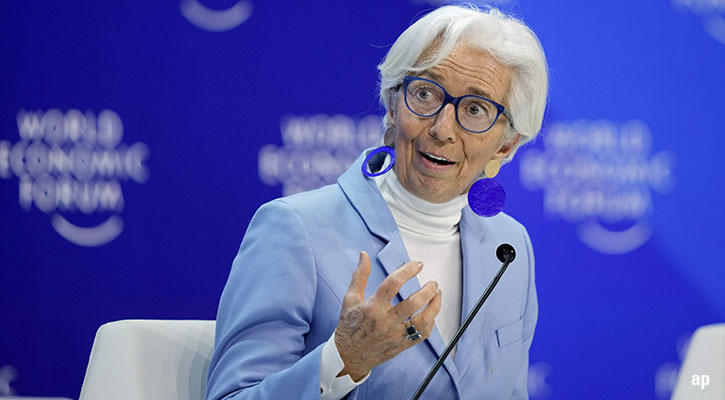Ben Johnson: It's been a number of years now since the first ETFs based on RAFI indices really launched, and it seems that only recently has the concept of fundamental indexing really come into its own and entered the mainstream.
Rob Arnott: That's been so exciting.
Johnson: You've done some terrific research, your paper on--I jokingly call it, the inverted primates paper, upside-down monkeys--and the findings there, I think, are really compelling in that it gets called "smart beta," but there's not necessarily all that much of a genius to it, and if you flip it on its head, it looks like it might actually do even better. So, I'd be interested for you to elaborate on that?
Arnott: Sure. That's a fun paper. There's a whole array of so-called smart beta strategies. I don't know who coined that expression. I've been credited with coining it; I didn't. I've done some looking around to try to find out who did. The people I thought did, say they didn't. So, anyway, whoever coined it, thank you. It's a clever label. But in fairness, there's nothing smart about smart beta. It's alternative beta. It's just a different beta.
What makes it "smart" is breaking the link with price. Capitalization-weighted or Dow Jones' price weighting--each of these means that the more expensive the investment, the more weight it gets. And that's the Achilles' heel. So, if the price goes up, the weight goes up. Oh my goodness, why do we want to do that? That doesn't make a lot of sense. And so it becomes, in a sense, a popularity-weighted index. It becomes growth biased; it becomes momentum chasing.
Now, should we expect a full equity risk premium from something that is growth chasing, momentum chasing, popularity weighted? No. We should expect more of a full risk premium from an equity portfolio that feels riskier. Well, owning the broad macro economy without that bias would presumably feel riskier. That's what fundamental index does. And equal weighting should feel riskier, and it does, and it wins by roughly the same margin as fundamental index, and the whole spectrum of smart beta strategies all win by roughly comparable margins.
If they let a little bit of momentum and a little bit of price creep in through the back door, the alpha craters, and it moves back down toward cap-weighting in terms of long-term returns. So what we did was just a fun little exercise. We took smart beta strategies, ranging from minimum variance to fundamental index to a whole spectrum of choices, and we turned them on their heads. We said, whatever is the most heavily weighted asset in this index, we will make it the lowest weight. Whatever is the lightest weight, we will make it the heaviest weight.
So, for fundamental index, ExxonMobil is the biggest; it gets the smallest weight. And if it was a broad enough index to include Joe's Bar and Grill in Butte, Mont., Joe's Bar and Grill would be the number one stock in your portfolio. Joe would be very happy if you did that.
Anyway, so you wind up with this really weird portfolio, and we tested all of these really weird portfolios, and they worked beautifully. In fact, often they worked better than the original smart beta strategies.
It doesn't prove anything. What it does demonstrate is that what's smart about smart beta is breaking the link with price, and equal weighting does much the same thing.
Monkeys throwing darts are kind of a crude form of equal weighting. They win. Burt Malkiel said monkeys throwing darts could do just as well as a professional investor. I will be saying in tomorrow's speech that he was wrong. Monkeys throwing darts will do better than most professional investors.
But what you find is that the common thread is that breaking the link with price is the winning approach. That's the common thread across all of the smart beta strategies.
Johnson: Rob, thank you so much for your time. It's a pleasure to have you.
Arnott: Thank you very much for your time.

















